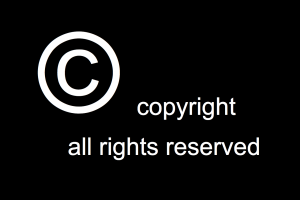Network Literacy v Print Literacy
Adrian raised a point in the lecture today about authors. He stated that authors are not actually considered authors unless they are published. More specifically, he suggested that being published meant having writing featured in print form. He then went on to say that anyone who is not published however has written something, is a wannabe writer and author and nothing more. Although I strongly disagree.
With the new technologies that have allowed for network literacy to be established, there have been new forms and ways that writing can be published. Websites have allowed for authors to publish their work online, blogs allow for new authors and writers to express their thoughts and even Facebook and Twitter have allowed for ordinary people to publish their writing online.
Network literacy and the creation of the online world has enabled a different kind of expression and a new way to get work published. It allows for writers and authors to self-publish online, and in some cases this has lead to being published in print. Print phenomenon Fifty Shades of Grey was initially published by E.L James online, and then printed after the traction it had online.
Bottom line, there is more to publishing than simply having your writing in a book. In a world that is increasingly becoming more network literate, it is essential to consider publishing beyond print.

